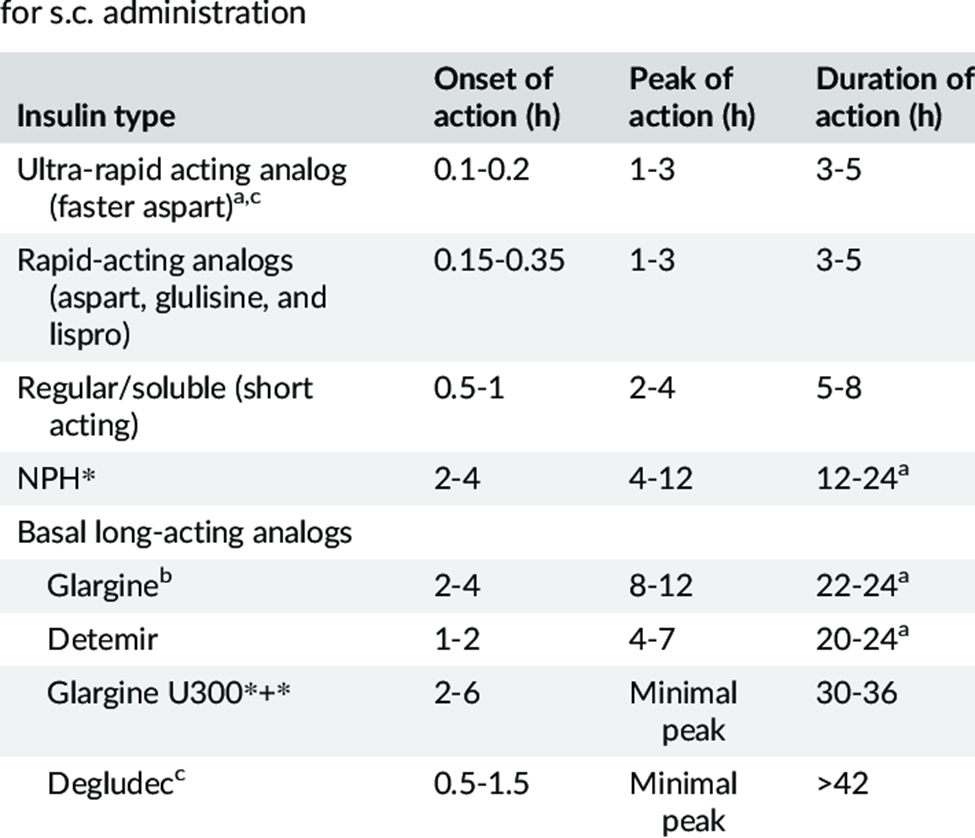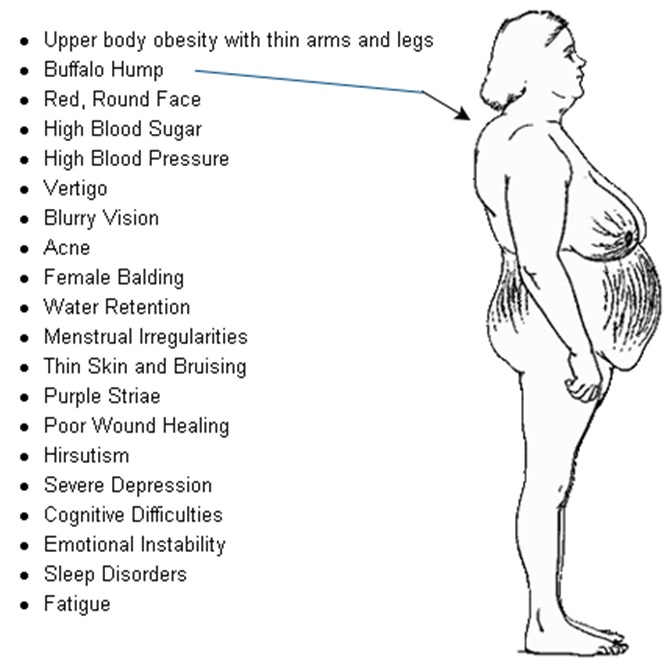A nurse is providing teaching for a client who has diabetes and a new prescription for Insulin glargine. Which of the following instructions should the nurse provide regarding this type of insulin?
Insulin glargine has a duration of 3 to 6 hr.
Insulin glargine has a duration of 14 to 22 hr.
Insulin glargine has a duration of 24 to 36 hr.
Insulin glargine has a duration of 6 to 10 hr.
The Correct Answer is C
A. Insulin glargine does not have a duration of 3 to 6 hours. This duration of action is much shorter than the actual duration of insulin glargine.
B. Insulin glargine does not have a duration of 14 to 22 hours. This duration is shorter than the typical duration of action for insulin glargine.
C. Insulin glargine, a long-acting insulin, has a duration of action that lasts approximately 24 to 36 hours. It provides a slow and steady release of insulin, offering a relatively consistent blood sugar-lowering effect over an extended period.
D. Insulin glargine does not have a duration of 6 to 10 hours. This duration is shorter than the actual duration of action for insulin glargine.

Nursing Test Bank
Naxlex Comprehensive Predictor Exams
Related Questions
Correct Answer is D
Explanation
A. Applying a cold pack to the client's upper arm is not the first action. The priority is to assess and address the cause of the edema. Cold packs may be used for comfort, but they do not address the underlying issue.
B. Removing the PICC line is not the first action. Before considering removal, it is essential to assess the extent and cause of the edema. Removing the line without proper evaluation could lead to premature discontinuation of necessary treatment.
C. Notifying the provider who inserted the PICC line is important, but it is not the first action. The nurse needs to assess and intervene promptly. The provider should be informed after initial actions are taken.
D. Stopping the infusion and measuring the circumference of both upper arms is the first action. This helps determine the extent of the edema and whether it is related to the infusion. It is crucial to assess for complications such as infiltration or extravasation of the TPN solution.
Correct Answer is B
Explanation
A. Atorvastatin: Atorvastatin is a statin medication used to lower cholesterol levels. It is not known to cause glucose intolerance.
B. Prednisone: Prednisone is a corticosteroid and can cause glucose intolerance by increasing blood glucose levels. Corticosteroids can lead to insulin resistance, impaired glucose utilization, and increased gluconeogenesis.
C. Ranitidine: Ranitidine is an H2 receptor antagonist used to reduce stomach acid production. It is not known to cause glucose intolerance.
D. Guaifenesin: Guaifenesin is an expectorant used to help loosen mucus in the airways. It is not known to cause glucose intolerance.

Whether you are a student looking to ace your exams or a practicing nurse seeking to enhance your expertise , our nursing education contents will empower you with the confidence and competence to make a difference in the lives of patients and become a respected leader in the healthcare field.
Visit Naxlex, invest in your future and unlock endless possibilities with our unparalleled nursing education contents today
Report Wrong Answer on the Current Question
Do you disagree with the answer? If yes, what is your expected answer? Explain.
Kindly be descriptive with the issue you are facing.
